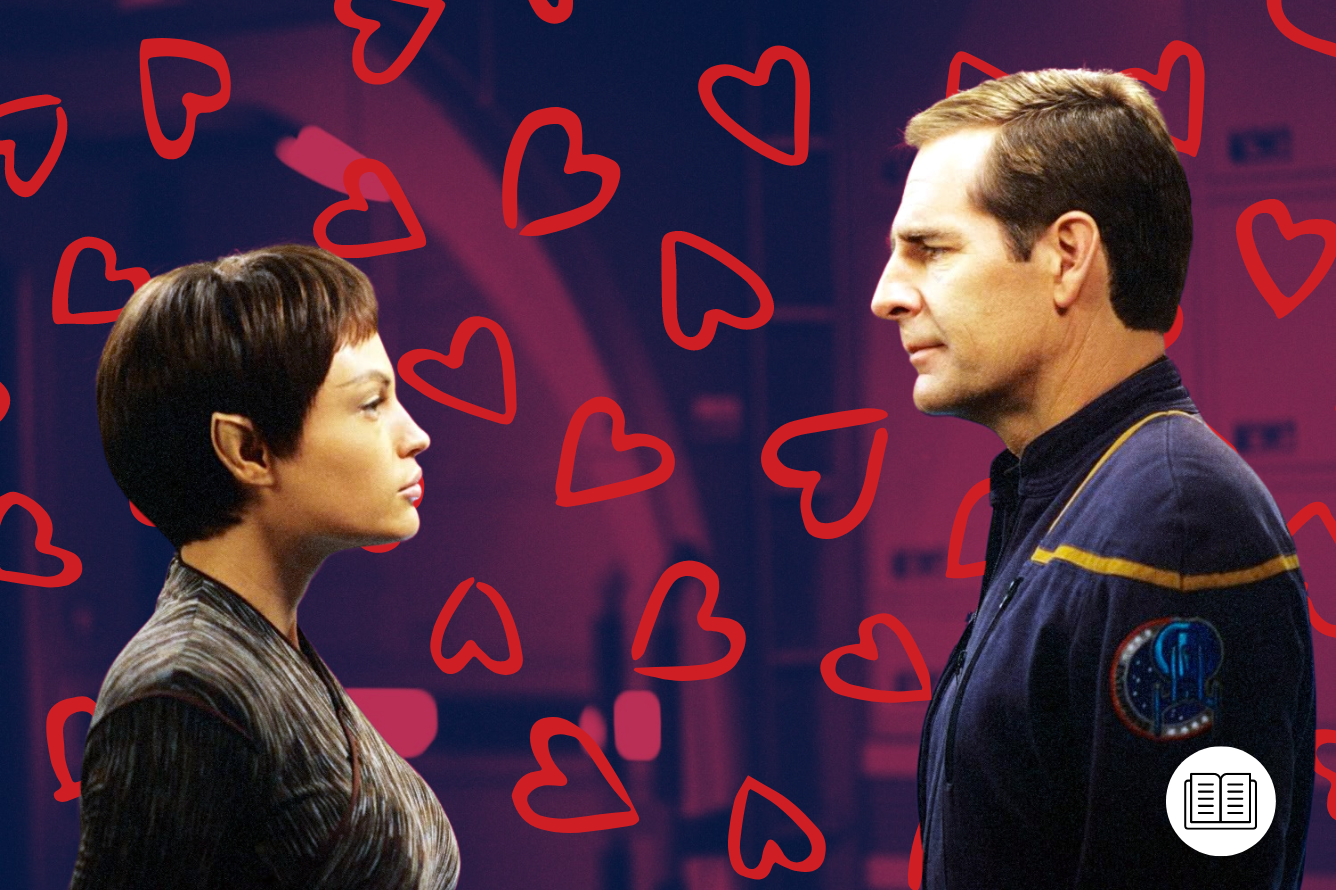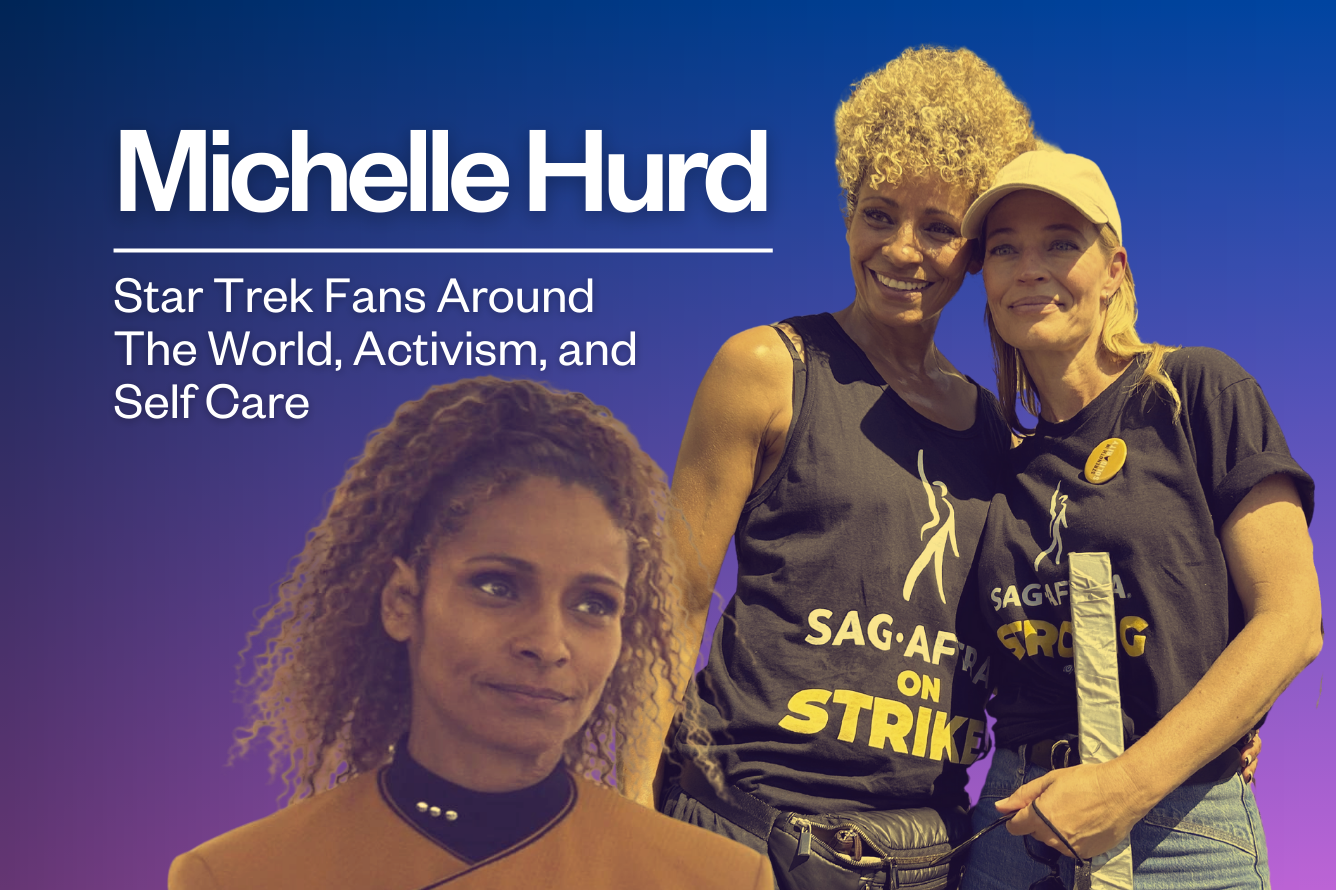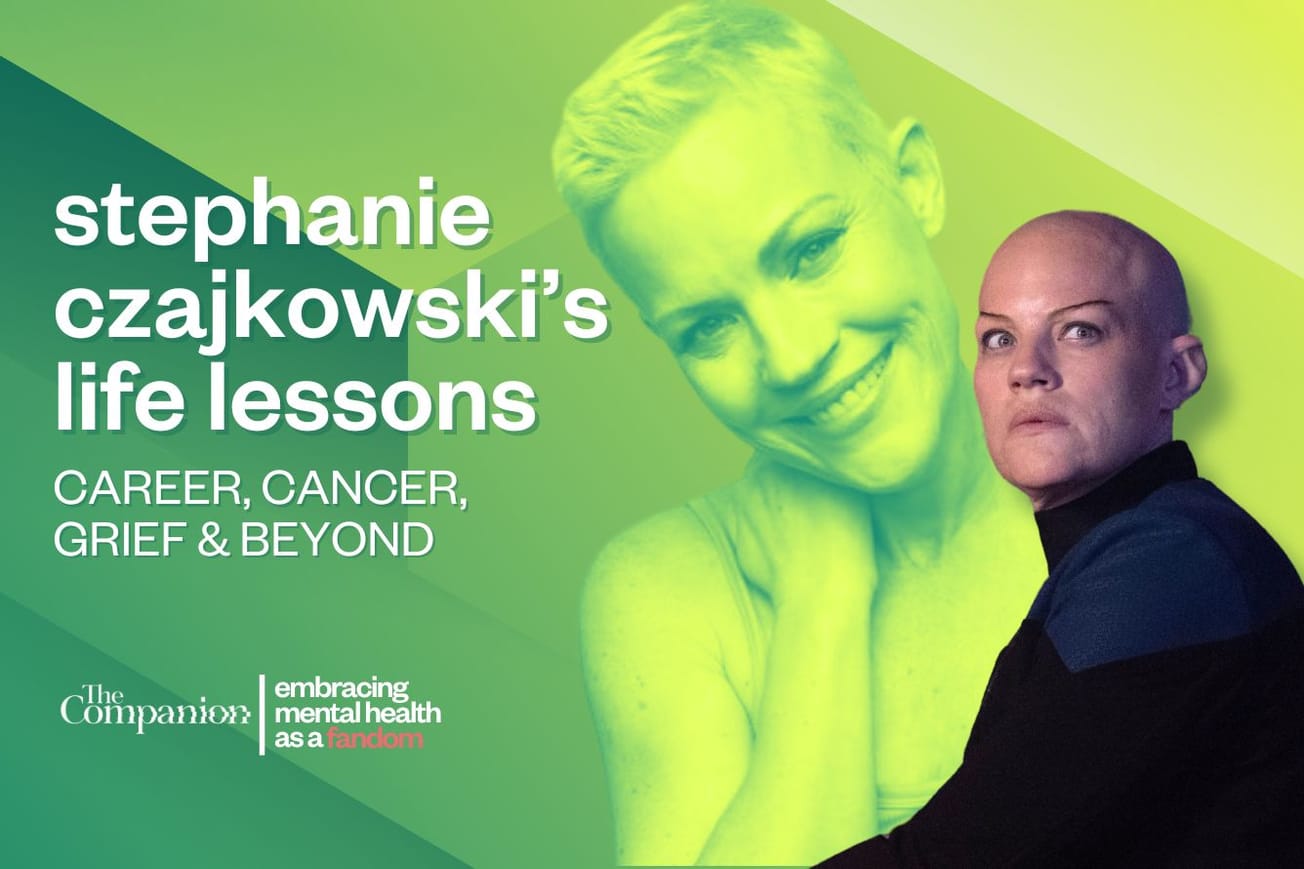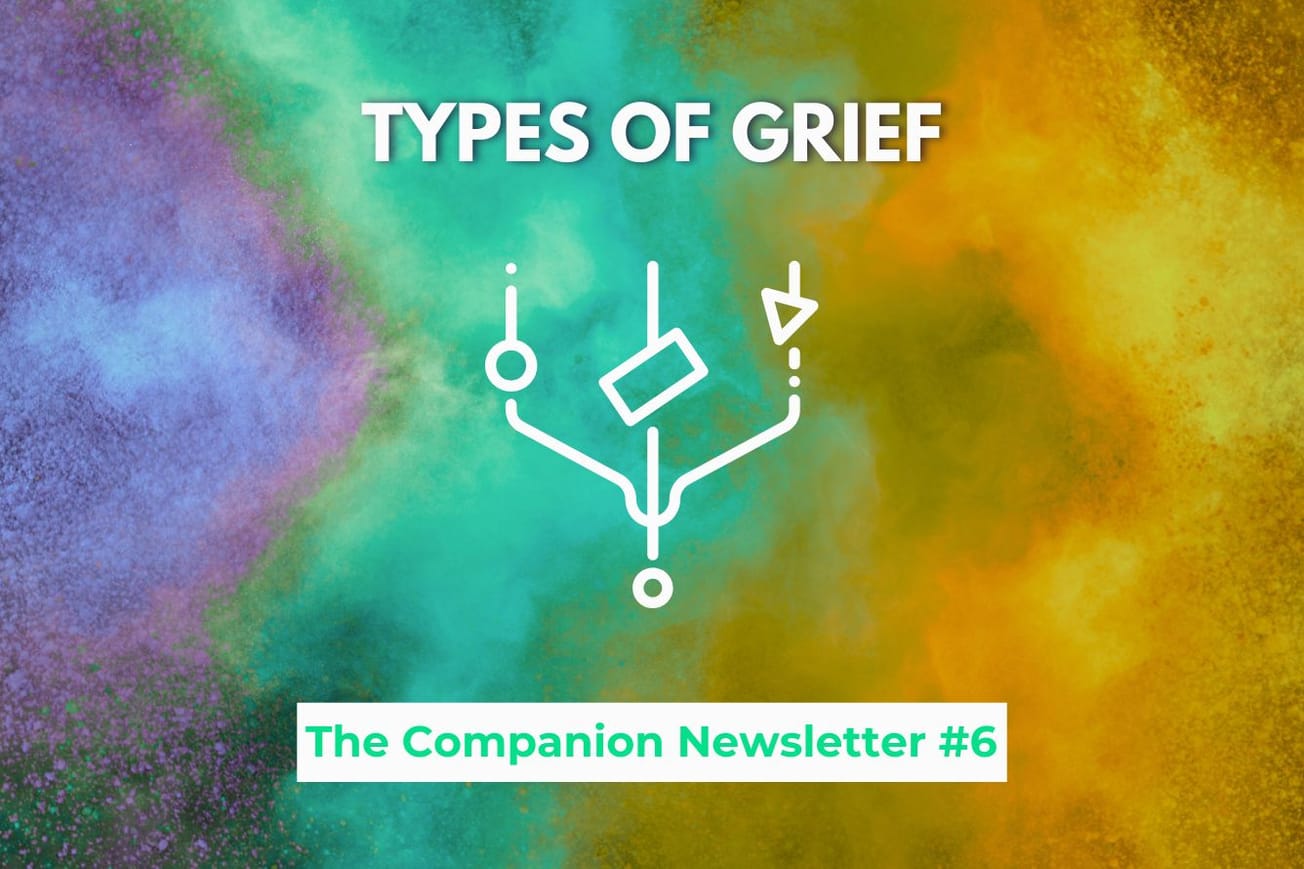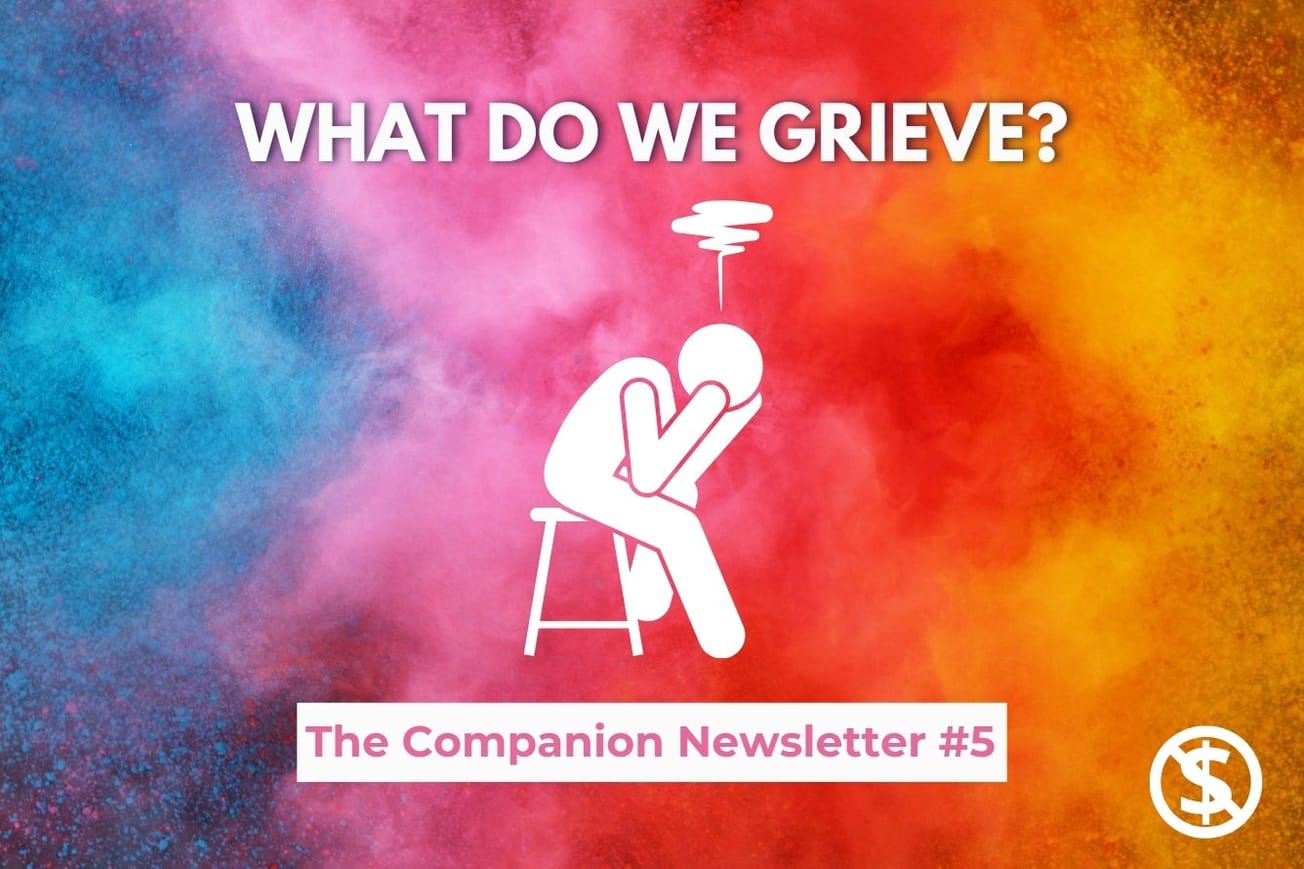In most entertainment - television shows, books, and movies - there's something satisfying about seeing the primary characters get together romantically. It's the essence of great storytelling.
Joseph Campbell, a Jungian psychologist, understands the art of storytelling; he’s been cataloging story similarities between cultures and mythos. Among good storytelling, Campbell also addresses romance. He describes three types of love. One is a love for humanity, an impersonal, general love. Base desire – such as pornography – is eros. Amor is more idealistic – it’s romantic love. Amor, he urges, is the most personal type of love because it includes the mind and heart.
In television, movies, and books the most exciting love is when those loves align – there is eros, but more importantly, there’s amor – true love.
That’s why one of the most compelling pairings in Star Trek is that of Star Trek: Enterprise’s Captain Jonathan Archer (Scott Bakula) and his first officer, Sub-Commander T’Pol (Jolene Blalock).
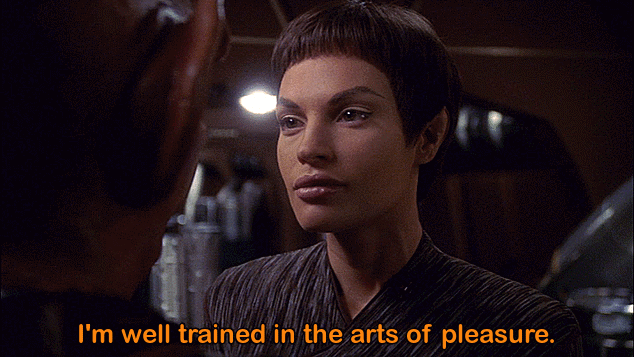
Looking for Amor in Kirk/Spock
I’ve always loved Star Trek: The Original Series. I started watching in syndication back when I was about four years old. I had the entire Star Trek bridge toy set, Star Trek Color forms, View Masters from episodes, etc. At an early age, I was a nerd. When I was around ten, I picked up a fanzine at a bookstore that discussed the possibility of a Star Trek movie, before Star Trek: The Motion Picture (1979) became reality.
As I leafed through the zine, I saw a story about Kirk (William Shatner) and Spock (Leonard Nimoy) being a couple … a romantic couple.
Despite being heterosexual, I understand why those stories exist. Kirk and Spock risked their lives and reputations for each other regularly, defying orders. That kind of devotion is certainly love (amor), and it’s not a leap to call it romantic love.
Before there were Kirk and Spock, there was Captain Christopher Pike (Jeffrey Hunter) and his first officer, Number One (Majel Barrett). Pike relied on her but didn’t notice her romantically until the Talosians offered her as a potential mate for him in the unbroadcast Star Trek: The Original Series pilot episode ‘The Cage’ (S1, Ep?). Maybe they had insight into her and Pike’s desires? When offered, though, Pike thought the idea was tempting.
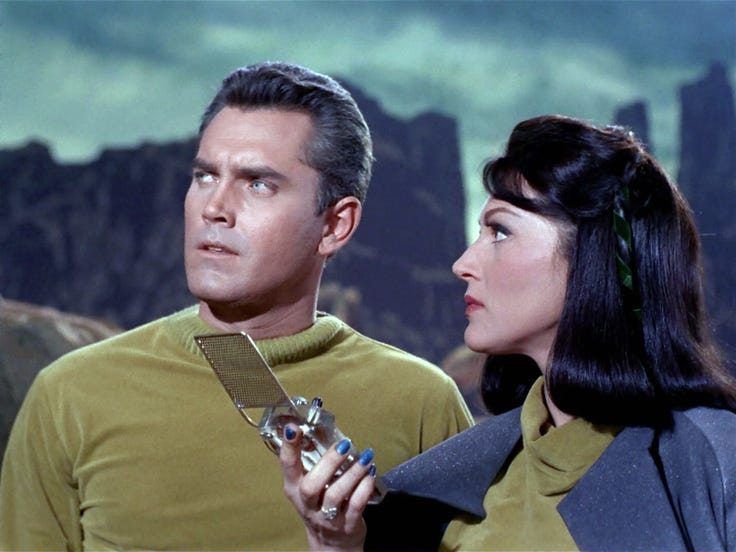
To take a more recent (relatively) example, in Star Trek: Voyager there’s chemistry between Chakotay (Robert Beltran) and Janeway (Kate Mulgrew). He’s her sounding board and confidant, willing to risk his life and reputation for her. She’s willing to do just about anything for him. Again, it’s not a stretch there’s amor.
Star-Crossed Lovers Outside of Star Trekl
Forget Star Trek for a second. Science fiction is filled with examples of potential couples. In just about every incarnation of Doctor Who, the Doctor has a companion he/she relies on. Nine (Christopher Eccleston) and Ten (David Tennant) had Rose Tyler (Billie Piper). Eleven (Matt Smith) had Amelia Pond (Karen Gillan), Twelve (Peter Capaldi) had Clara (Jenna Coleman), and Thirteen (Jodie Whittaker) had Yaz (Mandip Gill).
The chemistry – often romantic, sometimes quasi-romantic – between leads is why people tune in.
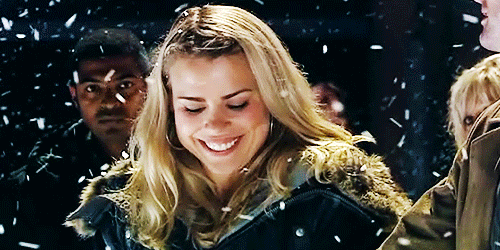
There’s Farscape – where John (Ben Browder) and Aeryn (Claudia Black) – start as enemies and learn to trust each other, becoming a couple. And John Crichton’s only competition is … well John Crichton. In The X-Files, Scully (Gillian Anderson) and Mulder (David Duchovny) are equals with opposing viewpoints. He wants to believe in UFOs and the paranormal, but she’s a physician devoted to science. Along the way, they’re both changed to meet in the middle. It’s the same with Flash Gordon, Babylon 5, Buck Rogers, Space 1999, Blake’s 7 – they all have male and female leads that cause viewers to keep coming back.
More than Cheers or Moonlight’s “will they, won’t they” – there’s caring and support in life and death situations.
Shakespeare pairs couples together based on meeting some specific criteria – they’re attracted to each other and they have similarities. For example, in Much Ado About Nothing (1598/9), Beatrice and Benedict may spar and spark at each other, but they are both quick-witted, funny, and underneath it all kind. In the Taming of the Shrew (1590/2), Petruchio and Katherina may initially lash out at each other, but they are well-matched. They’re both head-strong and both smart.
In Jane Austen’s Pride and Prejudice (1813), Elizabeth Bennet and Mr. Darcy are equals who immediately have a strong negative reaction to each other. The book demonstrates how once Elizabeth gets to know Darcy that he’s really her equal.
Again, these examples outside of science fiction show amor and eros working together.
Shipping Archer and T’Pol
Shippers aren’t people who like Constitution-class vessels. In fandoms, shippers are known as someone who cares about relationships (usually romantic).
Although I liked Spock’s attachment to the Romulan Commander (Joanne Linville) in the Star Trek: The Original Series episode ‘The Enterprise Incident’ (S3, EP2), I don’t really care about romance. I never knew what a shipper was until Star Trek: Enterprise. I was in it for the Trek.
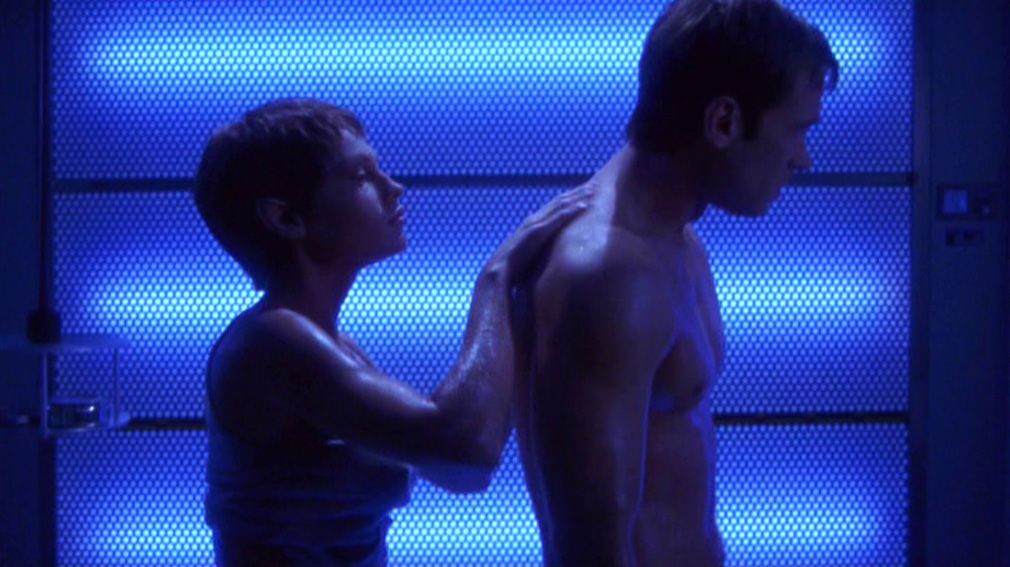
I cringed when I saw Commander Trip Tucker (Connor Trinneer) and Sub-Commander T’Pol in the decontamination chamber together, rubbing gel on each other under faint blue light. It seemed silly. It seemed cliché. In fact, I was ready to stop watching. Eros.
But when the episode was over, I noticed a friendship blooming between two different characters: Captain Jonathan Archer and his first officer, T’Pol. Nearly every week, Star Trek: Enterprise had an episode where two characters cared a lot about each other. He sacrificed his life. She gave up her career. It was true in episode after episode. Amor. Archer and T’Pol grew on me.
What I loved most about it is what I missed from Star Trek: The Original Series – character-driven plots that explored Vulcans, Andorians, Tellarites, and character relationships.
I also loved that Archer and T’Pol had the classic elements of romance building – not getting along, becoming equals, admitting attraction, standing up for each other, and saving each other’s lives.
Archer and T’Pol’s Initial Conflict
There’s conflict between the two leads immediately. Jonathan Archer’s father was personally held back by the Vulcans, never getting to see his engine completed. T’Pol believed humans were inferior to Vulcans. When T’Pol was assigned to Enterprise, sparks flew. Neither she nor Captain Archer trusted each other until he risked his life defending her in the Star Trek: Enterprise pilot ‘Broken Bow’ (S1, Ep1-2). From there, a friendship slowly emerged.
Although the issue of him not trusting Vulcans comes up after the first season – such as in the Star Trek: Enterprise episode ‘Impulse’ (S3, Ep5) – viewers know they do indeed trust each other. In fact, they’ve given their lives for each other.
After Surak (Bruce Gray)’s katra inhabits Archer in ‘Awakening’ (S4, Ep8), the captain understands even more about what being Vulcan is about. In one episode, he’s even able to help T’Pol conduct a Mind Meld. By understanding more about her race, he’s bridged the divide completely between them.
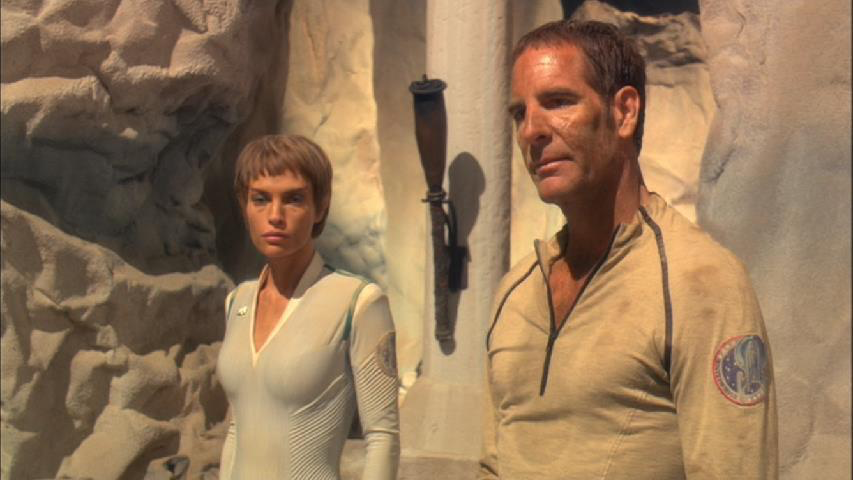
Archer and T’Pol Discover Mutual Respect
It’s important in every type of romance that the two leads are equal not necessarily in rank (although there are arguably issues of consent), but in other aspects, such as intelligence, wisdom, and emotional stability. Because T’Pol is a more emotional Vulcan, she needs a less emotional human – which is the exact opposite of what Sarek (Spock’s father) needs. It’s why his relationship with Amanda (Spock’s mother – a human) sort of works.
T’Pol leans on Archer’s emotional stability several times, such as in the Star Trek: Enterprise episode ‘The Seventh’ (S2, Ep7) when she’s capturing Menos (Bruce Davison). She doesn’t need just someone she trusts; she needs someone who’s grounded. It’s that support that also helped her in ‘Impulse’ (S3, Ep5).
There are a variety of episodes that show Archer and T’Pol are equals, including the Star Trek: Enterprise episode ‘Shockwave, Part II’ (S2, Ep1), where T’Pol stands up for Archer and the humans. Her telling Ambassador Soval (Gary Graham) the humans are ready to explore space puts Vulcans and humans on equal footing. She even joins Archer at the viewscreen.


